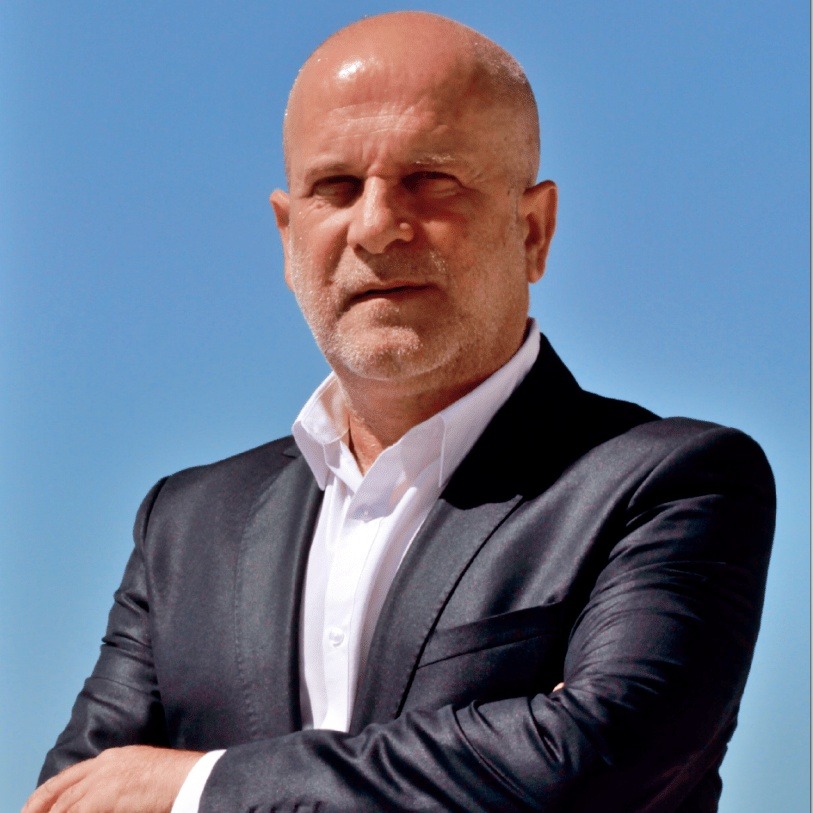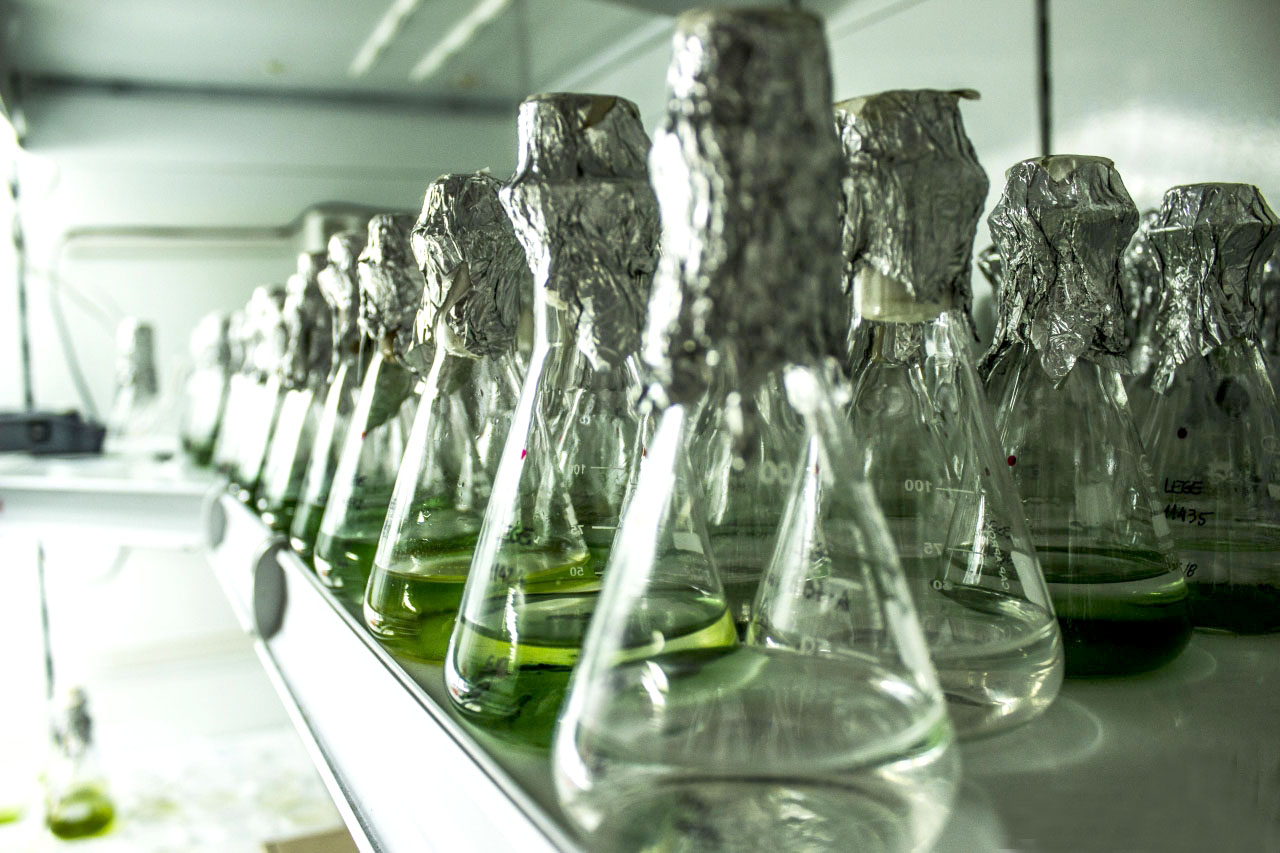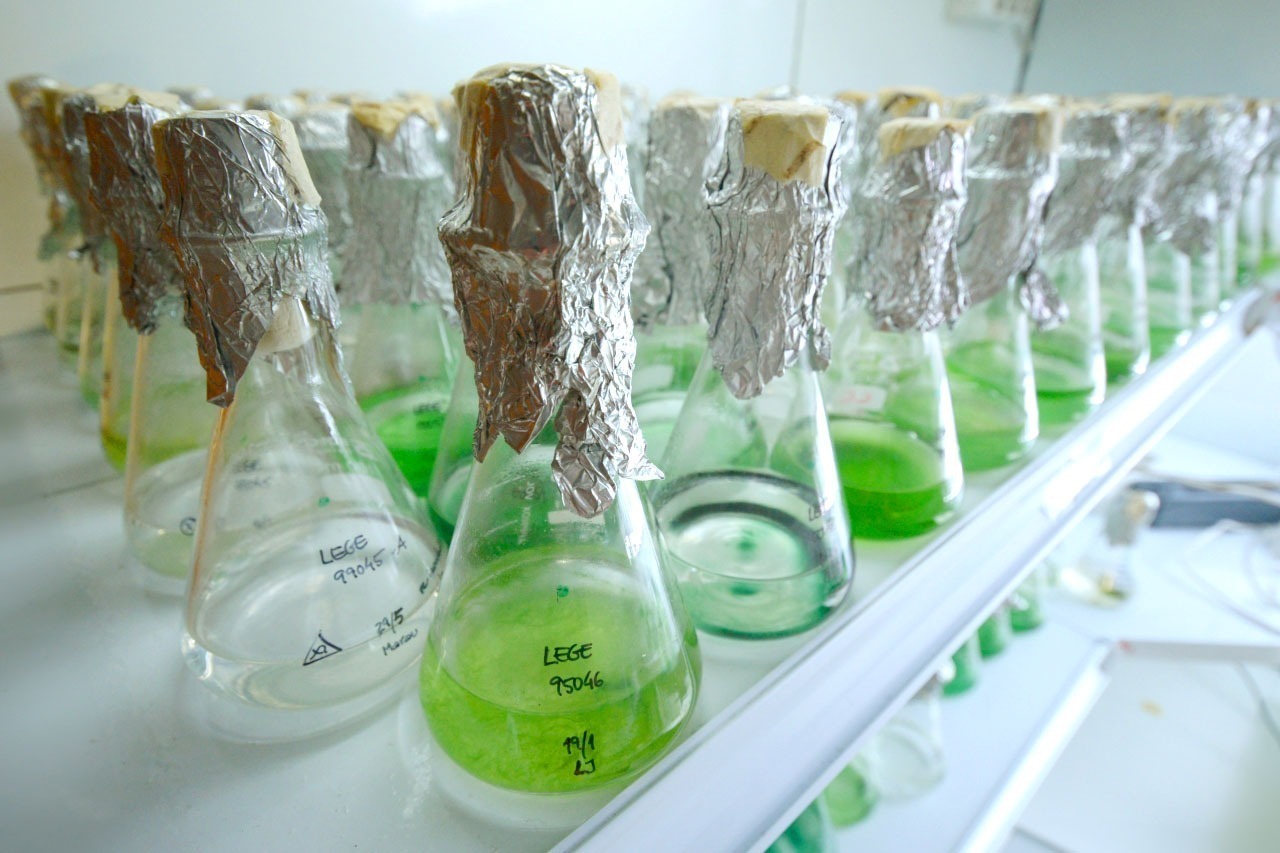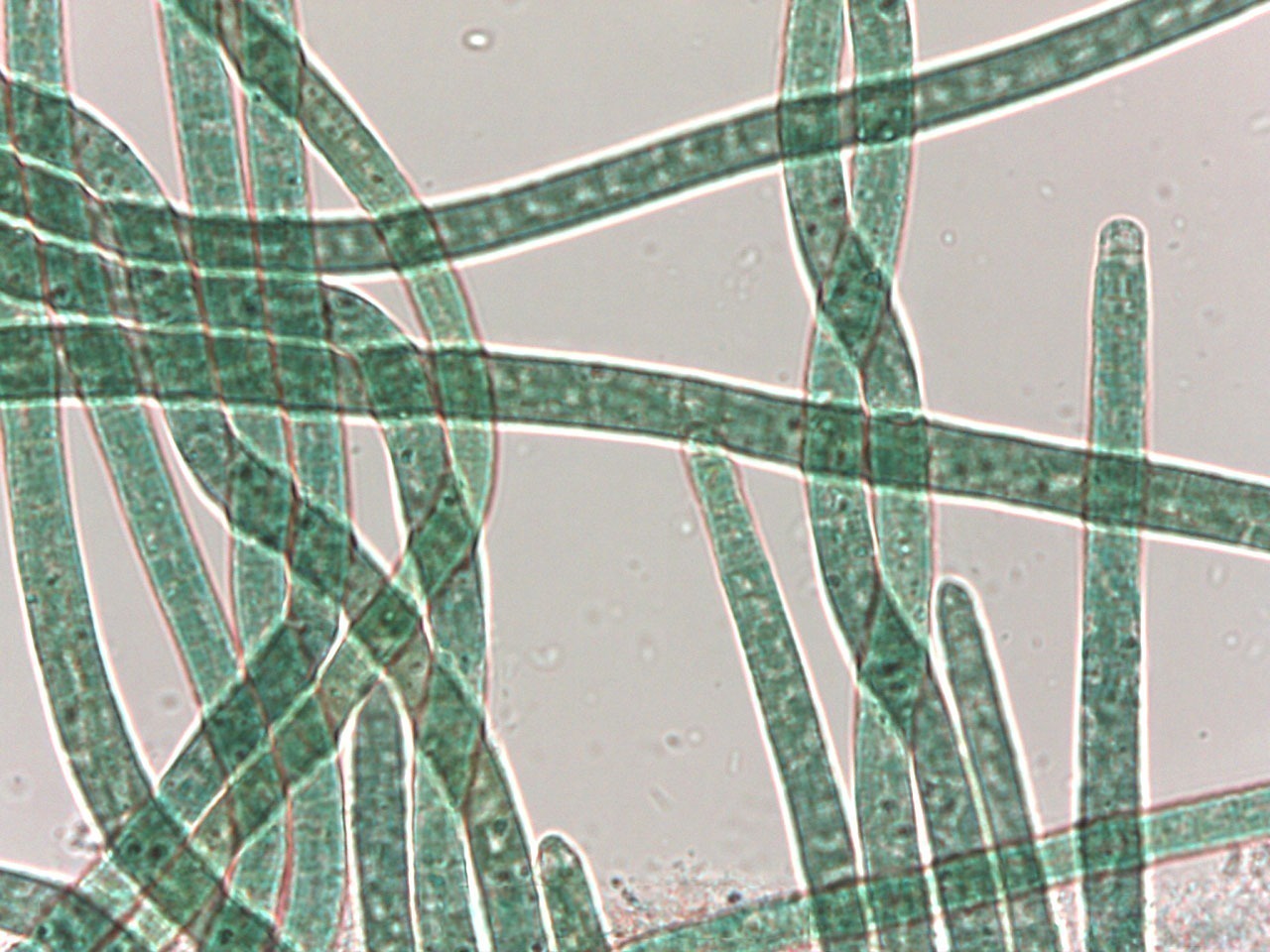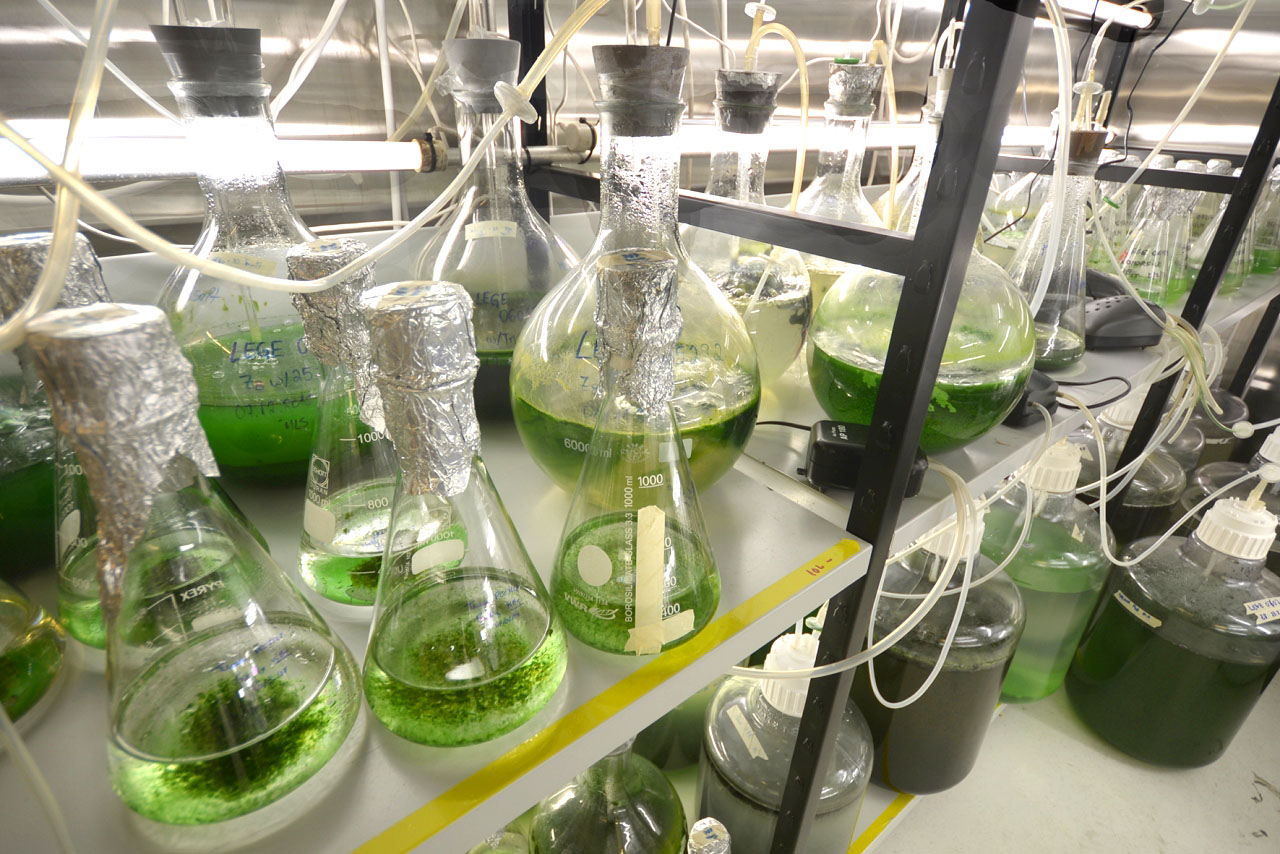The Blue Biobank of CIIMAR is part of the Portuguese Blue Biobank, a network of national marine biological collections with the ultimate goal of positioning Portugal in the forefront of knowledge and conservation of marine biodiversity, taking into account its economic value.
The Blue Biobank of CIIMAR, through its distinct collections, is developing cutting-edge research at the level of taxonomy and the study of the biotechnological potential that it explores within the biodiversity it preserves. Alongside, it provides services to the scientific community and the industry that go from the identification of species to the isolation of Cyanobacteria cultures, availability of different types of samples and deposition of samples at their collections.
LEGE-CC is the first institutional biobank created at CIIMAR in 1991. This biobank includes live cultures of around 2000 strains of Cyanobacteria and microalgae, mainly isolated from Portuguese ecosystems (including the archipelagos of Madeira and Azores), but also strains with international origin (eg. Bolivia, Brazil, Colombia, Morocco, Mexico, Dominican Republic and Cape Verde). LEGE-CC is guardian of a species richness that represents the major taxonomic Orders of Cyanobacteria and microalgae, giving LEGE-CC a unique value and potential.
CM2C is established in 2022 with the purpose of uniting marine microbial cultures with different biotechnological applications. This collection currently preserves around 400 strains of Bacteria and Fungi isolated from environmental samples such as marine water, sediments, salines, macroalgae, sponges, corals, etc. These samples are original from the Atlantic continental coast but also from the archipelagos of Azores and Madeira.
DEEP-Biobank is the most recent collection established at CIIMAR in 2024 with the objective of supporting fundamental research and innovation at the blue biotechnological sector. At this biobank there are around 400 specimens collected at the deep sea, which are mostly composed by sponges and corals of the Atlantic Ocean.
The Portuguese Blue Biobank creates a digital network interlinking national collections in order to facilitate the sustainable and regulated access to marine biodiversity for the scientific community and the industry. The Portuguese Blue Biobank promotes the conservation of biodiversity and proposes a legal framework for the sampling of marine biological resources and the creation of biobanks in agreement with the Access and Benefit-sharing (ABS) considered by the Nagoya Protocol. This project is led by CIIMAR and is a transversal project of the Blue Bioeconomy Pact Consortium (PBA) sponsored by PRR (Plano de Recuperação e Resiliência). At the Portuguese Blue Biobank, besides CIIMAR, we have partners of the following national institutes: UA (Universidade de Aveiro), IST-ID (Associação do Instituto Superior Técnico para a Investigação e Desenvolvimento), IGC (Instituto Gulbenkian de Ciência), UNL (Universidade Nova de Lisboa), CCMAR (Centro de Ciências do Mar da Universidade do Algarve), IPMA (Instituto Português do Mar e da Atmosfera), S2AQUA and GreenCoLab.
As the leading institution of the Portuguese Blue Biobank, CIIMAR manages the project, its scientific communication and creates the structure of its digital network. In this context, the Blue Biobank of CIIMAR, a repository of marine biodiversity that includes biological resources with biotechnological potential deposited at three institutional biobanks, is born. The three biobanks that constitute the Blue Biobank of CIIMAR are the Blue Biotechnology and Ecotoxicology Culture Collection (LEGE-CC), the CIIMAR Microbial Culture Collection (CM2C) and the DEEP-biobank.
